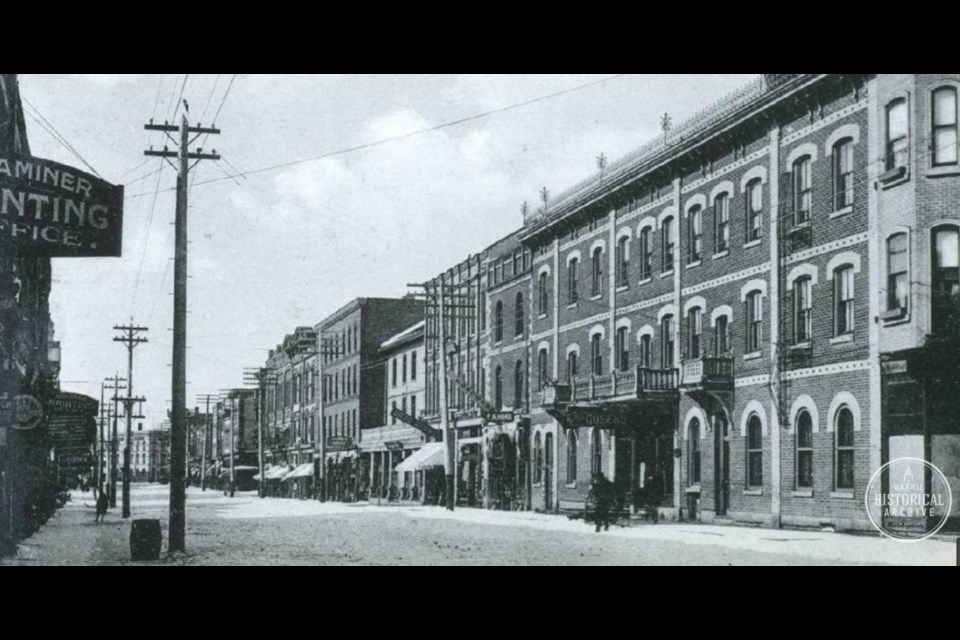Editor's note: The following is the first instalment in a two-part series on 'The Boys'. Part 2 will follow next weekend.
“Just to think, only seven months ago we were playing football in Queen’s Park. But it was for a good cause we gave up those games.”
Donald Kelcey penned those words in a letter to his sister on Dec. 8, 1916. He tried to keep things light, but she knew very well that her little brother was writing from a hospital bed in England, and using his only remaining eye to see the paper.
William Charles Dundonald ‘Donald’ Kelcey lied about his age. This was not uncommon among eager to serve Canadian male teens during the Great War. Donald Kelcey did not simply add a year to his age to qualify for enlistment. He added three.
When Donald signed on to fight for the British Empire, he was 15 years old. Perhaps he was inspired by his football buddy, Clifford, who had enlisted three months earlier. Clifford was a little older and only had to alter his age slightly. He was 17 years old on the day he enlisted.
Both were Barrie boys, sons of Barrie born fathers. Donald’s father had been employed at the Queen’s Hotel for 24 years. Frank Clifford Wiseman was the son of well-known local butcher, Frank Wiseman.
Donald wrote in his letter that he and Clifford had been in training together in Canada, shipped overseas together on the Empress of Britain and only parted ways at Sandling. This Canadian Expeditionary Force camp at Maidstone, England was a place of training and of waiting. Waiting to be shipped to Europe, and to the battlefields.
The two lads, a labourer and a butcher’s helper, both of them of high school age, went their separate ways in the summer of 1916. They were trained as well as any of their comrades and off they went, each to their respective destinies.
Both had written their wills, something that few teen boys would be asked to do today. This is what Clifford Wiseman declared in his.
“In the event of my death, I give the whole of my property to my sister, Miss Bernice Wiseman, 55 Park Street, Barrie, Ontario, Box 622. Signed C.F. Wiseman, Private no. 201303, date July 11, 1916.”
Pte. Donald Kelcey eventually found himself in the Somme while Pte. Clifford Wiseman headed for parts unknown to his friend.
On Sept. 15, 1916, less than two months after stepping onto the battlefields, Donald Kelcey became very lucky, yet unlucky, all on the same day. At Courcelette in the Somme region, Kelcey and his unit were making a charge against the enemy when they came under heavy machine-gun fire.
Donald was hit. A bullet entered his jaw, just below his right ear, and travelled through his left eye where it exited.
As you can imagine, the young man received catastrophic injuries, yet he was alive.
Two days later, the eye was surgically removed. What followed were many X-rays and several surgeries. Donald’s right eye had been slightly damaged and the jaw wound left him unable to open his mouth wider than three-eighths of an inch. He had constant ringing in his right ear.
Months passed as he recovered from his wounds. As he grew stronger, he began to take notice of the parcels of comfort items that his family had been sending.
He was especially appreciative of the Barrie newspapers that his sister had included. It was from a newspaper that Donald learned Clifford Wiseman’s full story.
Each week, the Barrie Historical Archive provides BarrieToday readers with a glimpse of the city’s past. This unique column features photos and stories from years gone by and is sure to appeal to the historian in each of us.



